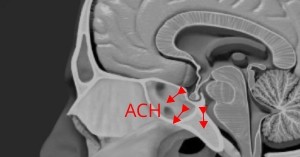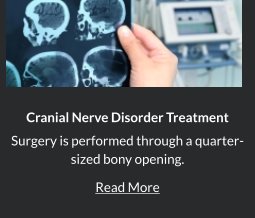Cushing’s Disease Newport Beach & Orange County, CA
Cushing’s Disease Treatment in Orange County
 Cushing’s disease is a serious hormonal disorder caused by a pituitary tumor secreting adrenocorticotropic hormone (ACTH), resulting in the overproduction of steroid hormone cortisol in the blood level. ACTH stimulates the adrenal glands that are located on top of the kidneys to produce cortisol, commonly known as the stress hormone.
Cushing’s disease is a serious hormonal disorder caused by a pituitary tumor secreting adrenocorticotropic hormone (ACTH), resulting in the overproduction of steroid hormone cortisol in the blood level. ACTH stimulates the adrenal glands that are located on top of the kidneys to produce cortisol, commonly known as the stress hormone.
Robert Louis, MD, a fellowship-trained Orange County Neurosurgeon, is the Director of the Skull Base and Pituitary Tumor Program at Hoag Memorial Hospital in Orange County, California. Dr. Louis has particular expertise in the endoscopic and minimally invasive treatment of benign and malignant brain tumors, sellar and parasellar tumors, and skull base tumors.
Dr. Robert Louis specializes in minimally invasive endoscopic transsphenoidal surgery for the treatment of Cushing’s disease. For appointments, please call (949) 383-4185 or Contact Us.
















